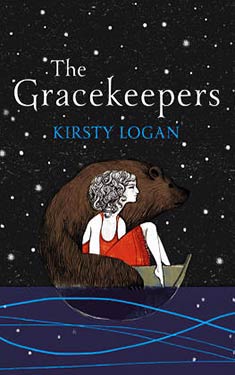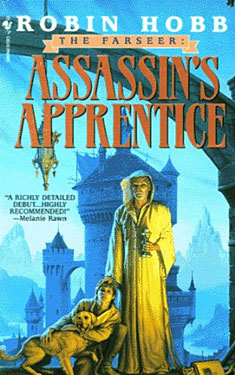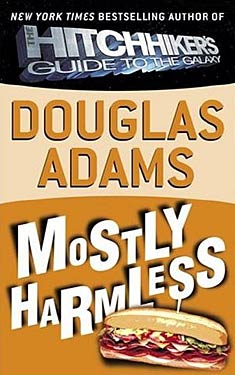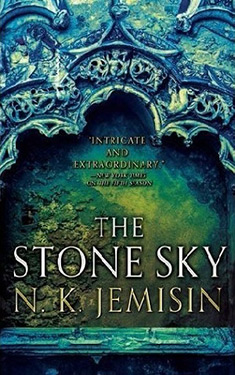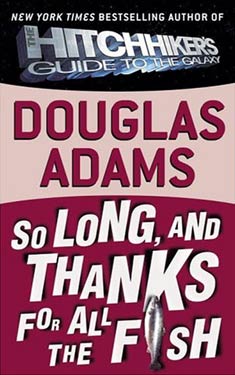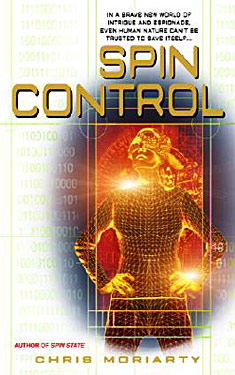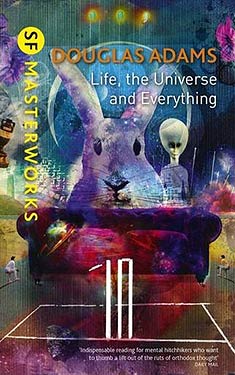Completed 2/29/2020,
Reviewed 2/29/2020
4 stars
Sometimes I
really like Tanya Huff’s books, sometimes I think they’re okay. This time, I thought the book was kind of
average but I really liked it. It’s
average because the magic system is not that spectacular: music as a way of manipulating the elements. I really liked it though because of what she
did with it. The energy of the elements
is called “kigh.” The main character
only Sings water, but he is such a profound bard that not only controls water,
but it responds to his presence and emotions as well. That’s what set apart this magical musical
world. This book was nominated for a
Gaylactic Spectrum Award for positive LGBTQ+ content in genre fiction.
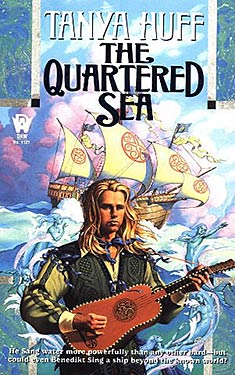 Benedikt is
a Bard with low self-esteem because he can only Sing water, while other Bards Sing
more than one element. Nonetheless, his talent
has caught the attention of the Queen.
She asks him to be the Bard for a voyage into unknown waters to look for
a fabled land of dark-skinned people.
Everyone thinks this is crazy.
The Captain of the Bards won’t let any of the Bards volunteer, though
Benedikt accepts the challenge. Besides
the usual dangers, sending a ship out without a Bard who Sings air means that
there will be little communication from the boat and lack of control of the
wind. On the voyage, the ship hits a
hurricane. Benedikt controls the sea,
but not the wind. The boat sinks and
Benedikt is the only survivor. He ends
up on the shore of a new Aztec-like land and gets caught in a political struggle
between a powerful brother and sister as the dynastic order is about to change. Stranded, he must use his wits and his gift
to survive both their dangerous ambitions.
Benedikt is
a Bard with low self-esteem because he can only Sing water, while other Bards Sing
more than one element. Nonetheless, his talent
has caught the attention of the Queen.
She asks him to be the Bard for a voyage into unknown waters to look for
a fabled land of dark-skinned people.
Everyone thinks this is crazy.
The Captain of the Bards won’t let any of the Bards volunteer, though
Benedikt accepts the challenge. Besides
the usual dangers, sending a ship out without a Bard who Sings air means that
there will be little communication from the boat and lack of control of the
wind. On the voyage, the ship hits a
hurricane. Benedikt controls the sea,
but not the wind. The boat sinks and
Benedikt is the only survivor. He ends
up on the shore of a new Aztec-like land and gets caught in a political struggle
between a powerful brother and sister as the dynastic order is about to change. Stranded, he must use his wits and his gift
to survive both their dangerous ambitions.
I was pretty
impressed by the character of Benedikt.
I could relate to him because he constantly doubts himself even though
he is extremely talented. Some might see
him as whiny, but I see him as being very human. He knows he’s good at Singing water, but he’s
intimidated by everyone else’s multi-quartered talents. It’s like how I long felt in my career. I know I’m good at what I do, but I was always,
and still sometimes am, intimidated by others who know more than me. It wreaks havoc with self-esteem and takes a
long time to get past. Sometimes, it
takes getting through very difficult situations to finally see that you’re good
enough.
I also liked
the Aztec-like land where Benedikt was shipwrecked. It was very detailed and very interesting. It surpassed his European-like home in some
areas, specifically art, but was worse in other things, particularly the cruelty
of the rulers. Bards have the gift of
languages as well, so Benedikt picks up their language with ease. This helps him navigate the dangerous
relationship he has with the rulers.
There isn’t
that much LGBTQ+ content, considering the award it was nominated for. Benedikt seems to be bisexual. And everyone seems to be attracted to
him. But there’s only one person who has
fallen in love with him, and it’s his thoughts of him that help Benedikt keep
his wits about him. I would have liked
to have seen their relationship develop more before Benedikt goes on the voyage. Instead, his love interest doesn’t realize
how much he loved him until it is thought that Benedikt was killed in the storm.
It should be
noted that this is the fourth book of a series.
I didn’t read the first three, as I saw that the story followed a
different main character than the first three.
It more or less stands alone, but it did take me while to understand the
concept of “kigh”, which probably wouldn’t have been an issue if I had read the
first three. Other than that, I thought I
understood everything else pretty well, especially since a majority of the
action takes place in the Aztec-like land which would be new to all readers of
the whole series.
I give the
book four stars out of five. It might be
a little generous, but I really enjoyed it.
In general, I really like Huff’s writing style. Sometimes I think it’s fluff, but she does well
with character development and world-building.
Even though I’m fifty-fifty with three and four stars on her books, I’d
definitely read more of her, throwing her books on my fifty-some-odd TBR book pile.
